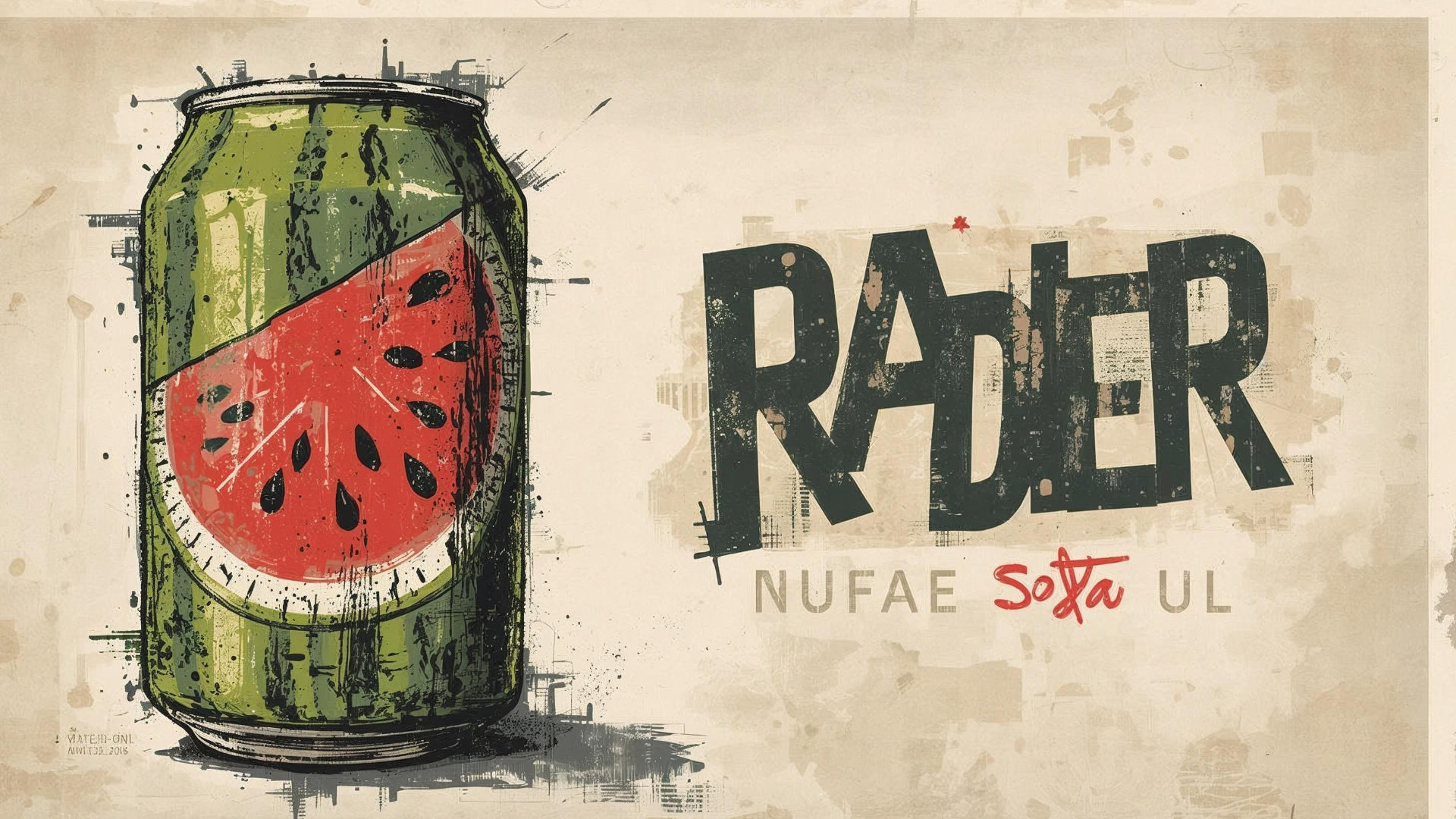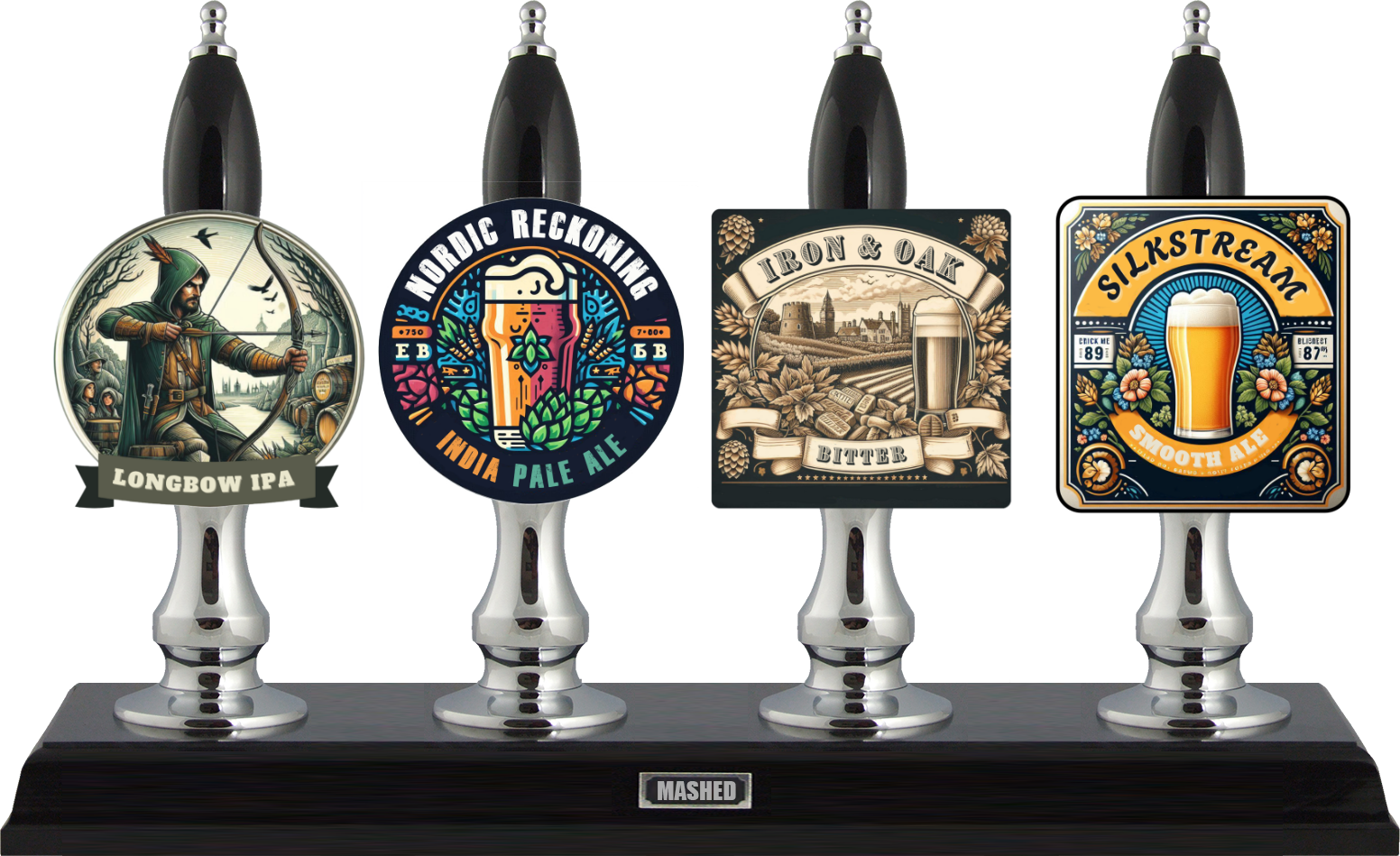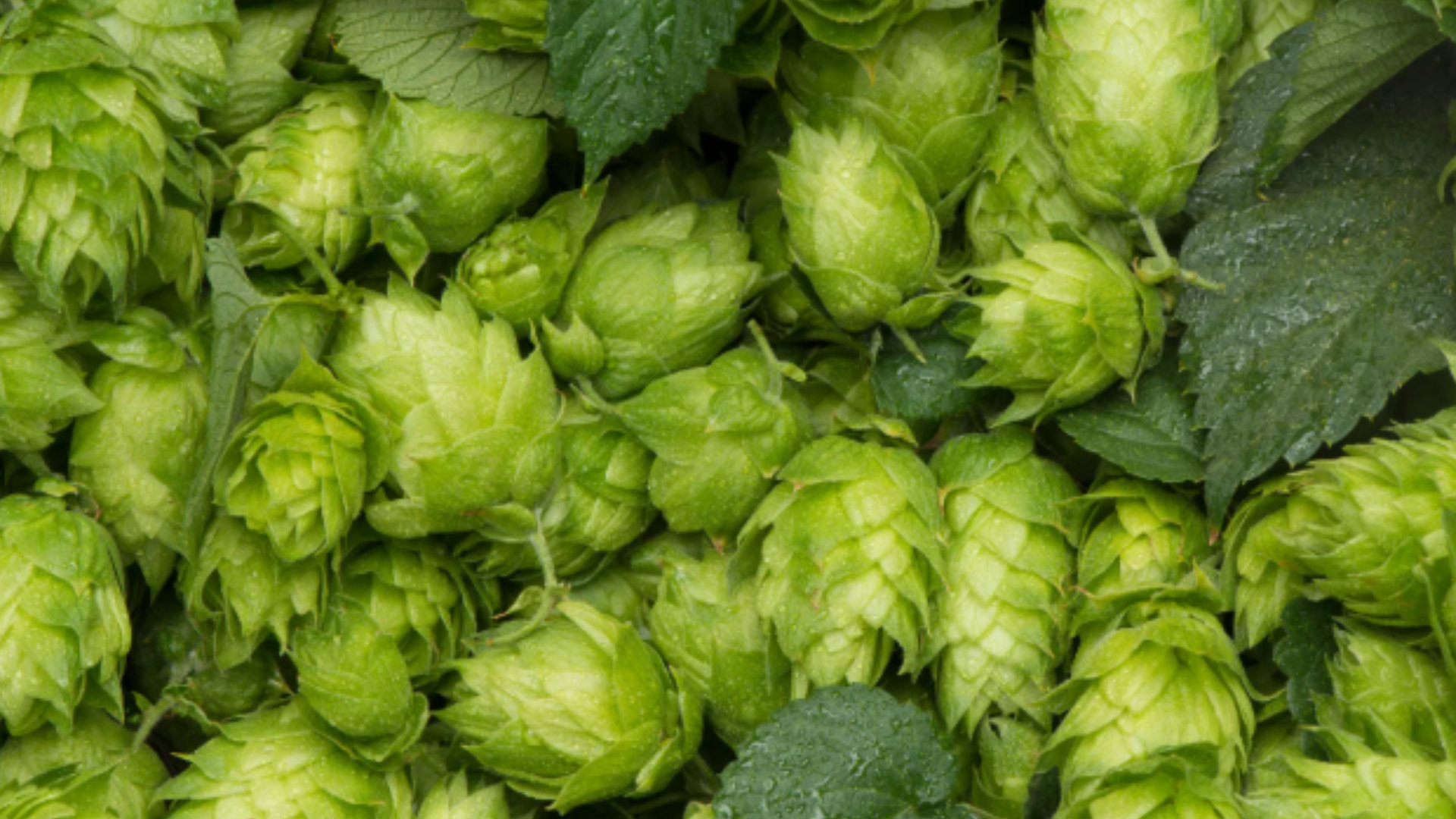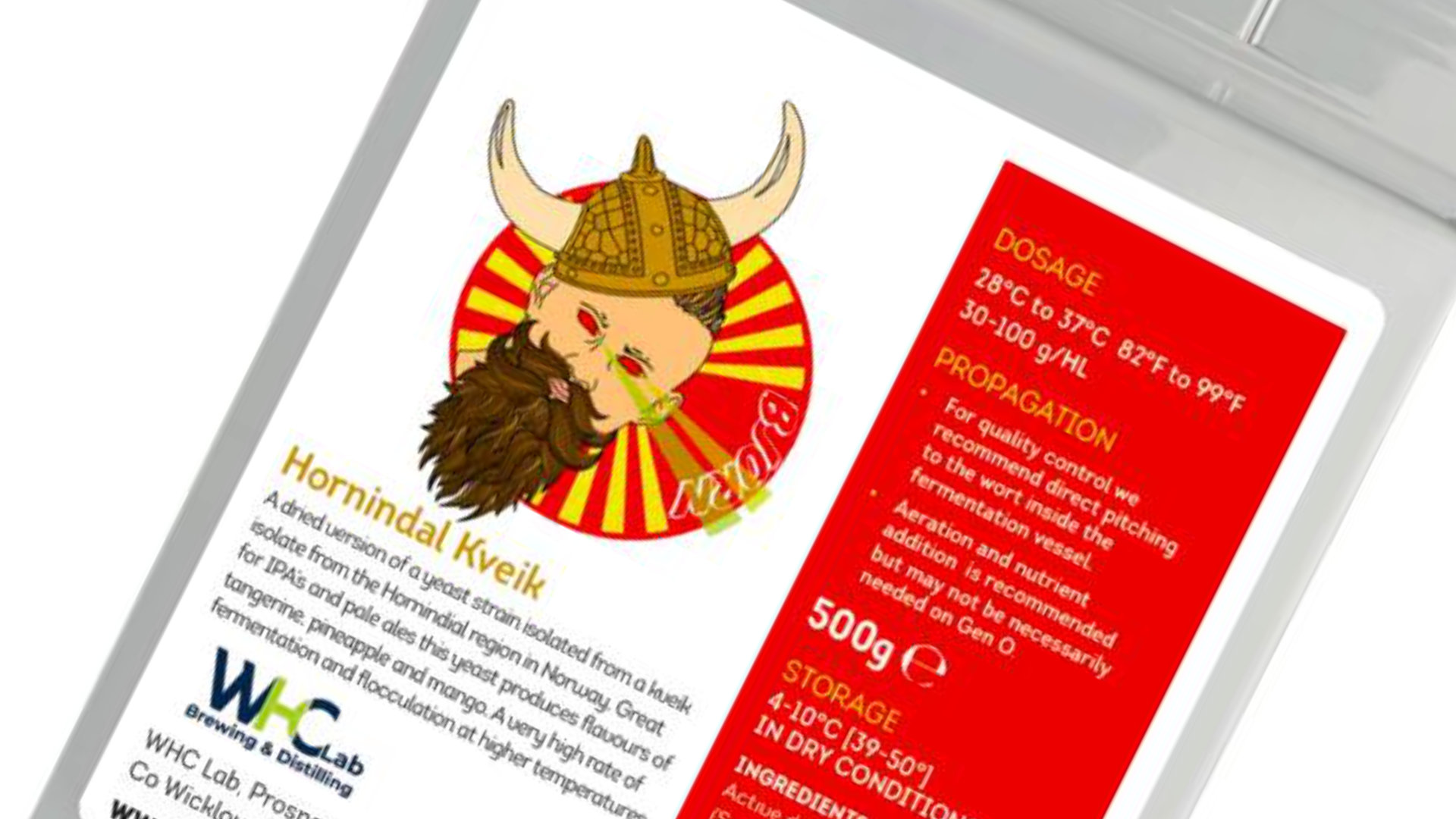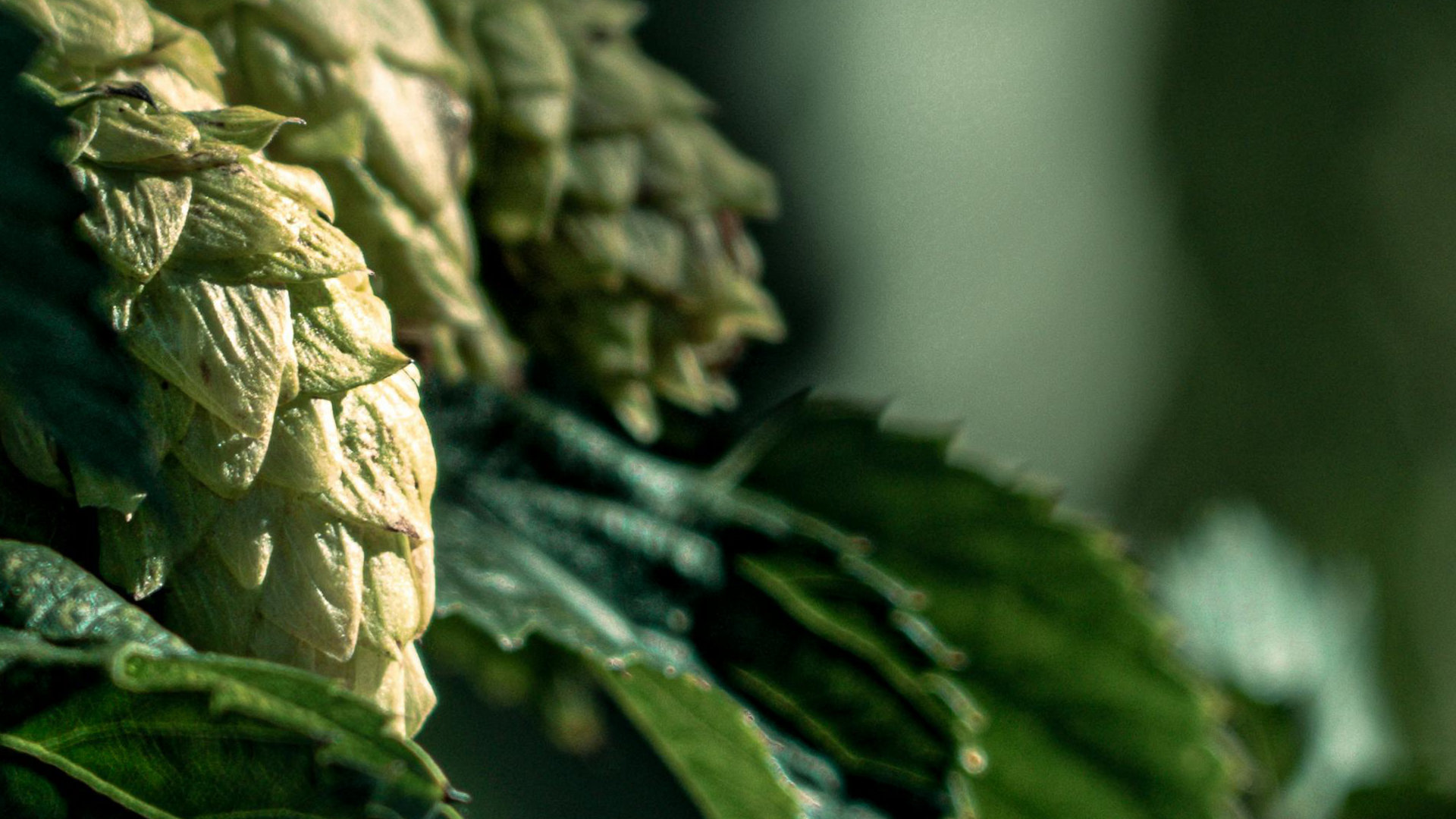Elevated in the Cambrian Mountains in Mid Wales, Welsh Mountain Cider produce naturally fermented, vintage and cellar-aged dry ciders, from tawny, tannic oak aged bittersweets to delicious and wine-like light dessert vintages. Welsh Mountain Cider (WMC) also run an impressive museum orchard and tree nursery with hundreds of different varieties of apple and pear trees. All on just six acres of land.
 The team behind this wonderfully productive and creative set-up are Chava Richman and Bill Bleasdale. I caught up with them to discover more.
YB: Tell us a bit about yourselves! How did you get into making cider?
Bill: I started making cider in the 1990s after tasting my dad’s first cidermaking efforts in Somerset and made a bit more every year. Â
Chava: I am from Sonoma County in California, which used to be a big apple growing area. As I grew up, I watched the apple orchards being replaced by vineyards and I decided I wanted to learn more about making cider to try to add value to the existing orchards. I planned to go back to California with this knowledge, but instead Bill and I got married and I’ve stayed here! Since then, we have been making cider together as Welsh Mountain Cider. Â
“What makes a good cider? A true expression of the apples with minimum intervention. A good cider should taste wholesome and good, and make you want to drink more of it.â€Â Â
YB: You grow so many amazing varieties of apples. Do you have a favourite?
Chava: My favourite is Kingston Black. It’s famous for a reason. What a great apple! It can make a rich, deep, but perfectly balanced cider without any blending - it’s magic. Bill’s favourites are generally the Redstreaks (Somerset and Hereford), although he also really likes Cox’s Orange Pippin. Â
YB: Which of your ciders is a good starting point to appreciate craft/natural cider?
WMC: The lighter ciders like our Cox’s Orange Pippin are a great variety for people coming from wine drinking, and great served chilled like a white wine. But for a more cidery taste, the Somerset Redstreak is really refreshing and well balanced, and a good place to start.Â
YB: Your ciders are unfiltered and free from sulphites. How does this benefit the cider? Any challenges?
WMC: The benefits are it’s a live, fermented food, with no unhealthy additives. Because our ciders are live, they are always developing and changing in the bottle. Our ciders are stored in a cool cellar and are usually at their best after a few years of ageing – you don’t get the advantages of ageing with ciders that have been stabilised by the addition of sulphites or pasteurisation. The difficulties are that you have to be extra careful with hygiene to avoid contamination from things like overoxidation or acetification. Â
YB: Top cider making tips? Â
WMC: Squeeze apples, keep the juice in a container with an airlock to keep the air out, drink it when it tastes good. That’s about it.
YB: Is the process for making your perry similar to that of your cider?
WMC: Yes. Some people say that it is harder to make natural perry, and that there is more that can go wrong. We made our first 440L this year and it is tasting great!
YB: Who would be your dream drinking buddy? Which of your ciders would you serve them and what would you talk about?
Bill: Can they be dead? If yes, Flann O’ Brien. I would serve the Kingston Black and talk about the army of one legged men.
Chava: Bill is my dream drinking buddy. We always taste ciders and do our blending together. I love opening a new barrel and discovering its joys with Bill. We talk about tastes, flavours, how we could improve things by blending, whether the ciders need more time...
Cider Q&A - with Welsh Mountain Cider
What are Cider Apples?Â
WMC: The three main types of cider apple are sweets, bittersweets and sharps. You can make a cider from any one of these types, or of various combinations. Generally, bittersweets will make a more astringent, bitter, tannic and less acid brew, whereas a cider made more with sharps and sweets will be lighter, more like a white wine and sharper. Â
What varieties of apple should I plant to make cider?Â
WMC: We would advocate a broad mix of cultivars to give you scope to experiment with flavours and give you a good disease resistant genetic diversity that will also smooth over issues like particular varieties that tend towards biennial cropping, etc. The varieties you plant depends on the type of cider you like - a traditional cider would have a blend of sharps, sweets and bittersweets at 1:1:1 ratio, but you can make excellent cider from bittersweets alone, or from dessert and cooking apples, which will make a lighter, less tannic, more white wine like cider. Also bear in mind that many trees listed as cider “sharps†will double as cooking apples and vice versa, also that dessert fruit can be used as “sweets†in cider.
When can you expect to get a harvest?
WMC: It depends on the rootstock that the tree is grafted on to. A dwarfing or semi-dwarfing tree should bear fruit in 2-3 years, but a full standard orchard tree can take 10 years before you get a good crop.
Growing apple trees at high altitudes
At Welsh Mountain Orchards in Mid Wales, we are growing over 450 varieties of apple and pear in our trials at 1200 feet. Nearly all are thriving and beginning to crop respectably. If you have a similar high altitude, windy, exposed site, there is every prospect that you, too, can grow useful crops of fruit. Here are some tips:
- Plant young trees.
- Plant trees grown “hardâ€.
- Plant trees on vigorous rootstocks.
- Use the forestry notch planting system.
- Don’t stake trees.
- Avoid over fertilising trees.
- Protect trees from animal (rabbit, hare, sheep, deer) attack.
- Plant wind breaks, whilst avoiding creating frost traps with unbroken hedges at the bottom of slopes.
Learn more about making your own cider and perry
Bill has written and hand illustrated a great little book to help you. Order How To Grow Apples & Make Cider by Bill Bleasdale from the website below.
Buy natural cider, join the Cider Club, order apple trees or book an orchard tour: www.welshmountaincider.com


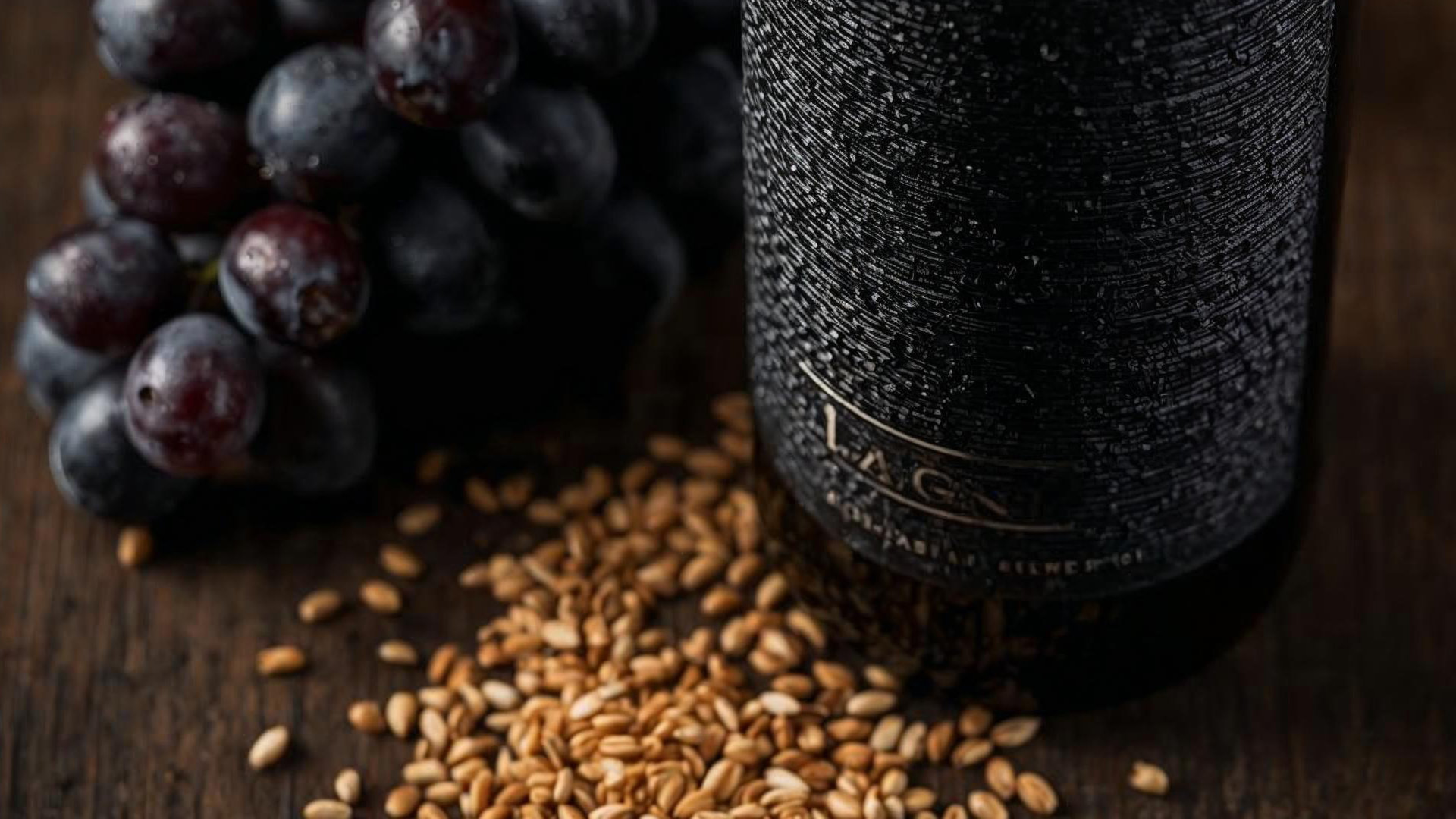
.jpg)

